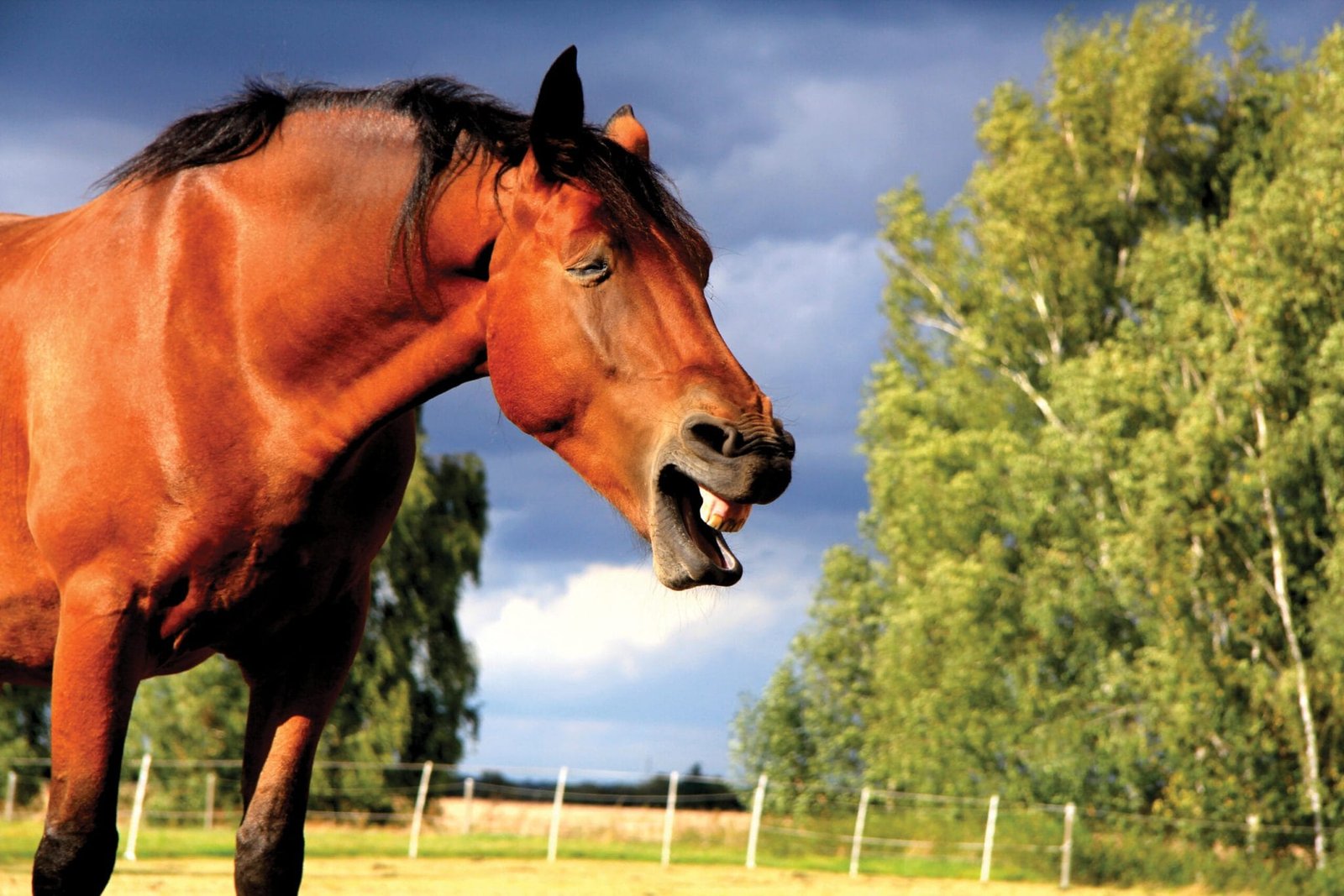Owning a horse is a rewarding experience, but it comes with the responsibility of ensuring their well-being throughout the year.
Seasonal changes can bring about various health concerns for horses. Understanding these issues and knowing how to address them can help keep your equine friend happy and healthy.
Spring: Allergies and Hoof Care
As the weather warms up and flowers start to bloom, horses may experience seasonal allergies. Pollen from trees, grasses, and flowers can trigger respiratory issues and skin irritations. If your horse starts showing signs of coughing, nasal discharge, or itching, consult your veterinarian. They might recommend antihistamines or special supplements to ease allergy symptoms.
Spring is also a critical time for hoof care. As the ground softens and becomes more uneven, horses are at higher risk of developing hoof problems like thrush or abscesses. Regular hoof inspections and prompt attention to any signs of discomfort can prevent serious issues. Ensure your farrier is keeping up with regular trims and checks.
Summer: Heat Stress and Insect Problems
Summer brings warm weather, which can lead to heat stress in horses. Horses can overheat quickly, especially if they are in work or have heavy coats. Always provide plenty of fresh water and ensure your horse has access to shade. You can also use cooling blankets or fans to help regulate their body temperature.
Insects are another summer concern. Flies, mosquitoes, and other pests can cause discomfort and potentially spread diseases like West Nile Virus. Using fly repellents, fly sheets, and keeping your horse’s environment clean can reduce insect-related problems. Regularly inspect your horse for signs of insect bites and irritation.
Autumn: Weight Management and Respiratory Issues
As temperatures begin to drop and the grazing season winds down, it’s important to monitor your horse’s weight. Horses can gain or lose weight more easily during the fall as their diet changes. Ensure your horse receives a balanced diet that meets their nutritional needs. If you’re unsure about your horse’s weight or diet, consult with your vet or an equine nutritionist.
Autumn can also bring an increase in respiratory issues. The combination of cooler weather and higher humidity can lead to conditions like heaves (a form of asthma). Keep your horse’s living area well-ventilated and free from moldy hay or bedding, as these can trigger respiratory problems. If your horse shows signs of coughing or labored breathing, seek veterinary advice.
Winter: Cold Weather Care and Joint Health
Winter brings its own set of challenges. Cold weather can lead to issues such as frostbite, particularly on sensitive areas like ears and tails. Ensure your horse has access to shelter and blankets if necessary. Regularly check your horse for signs of frostbite and take action if you notice any affected areas.
Winter also poses challenges for joint health. Cold and damp conditions can exacerbate arthritis and other joint problems. Providing your horse with proper nutrition, including supplements that support joint health, can be beneficial. Gentle exercise is also important to keep your horse’s joints limber. Ensure your horse is adequately warmed up before exercise to prevent injuries.

General Tips for All Seasons
Regardless of the season, there are some general health tips that apply year-round:
- Hydration: Always ensure your horse has access to clean, fresh water. Dehydration can be a serious concern in any season.
- Grooming: Regular grooming helps maintain your horse’s coat and skin health. It also provides an opportunity to check for injuries or abnormalities.
- Vaccinations: Keep up with vaccinations and regular veterinary check-ups to prevent diseases and catch any issues early.
- Parasite Control: Regular deworming and parasite control are essential to prevent internal and external parasites from causing health problems.
By being aware of these seasonal concerns and taking proactive steps, you can help ensure your horse remains in good health throughout the year. Always consult with your veterinarian for tailored advice and solutions to any specific issues your horse may face. With proper care and attention, your equine companion will be well-equipped to enjoy each season comfortably and healthily.




